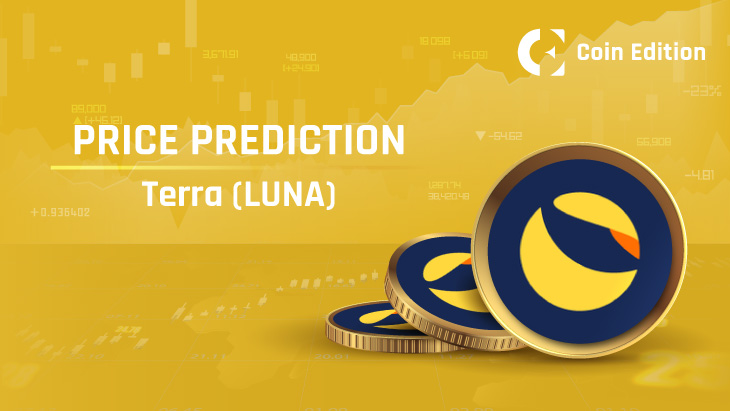- Hong Kong receives 22 license applications from crypto companies like OKX and Bybit to operate as digital asset exchanges.
- While Hong Kong closed the applications on February 29, leading players like Coinbase, Binance, and Kraken haven’t applied.
- The SFC asserts that the unlicensed crypto exchanges should be shut down by the end of May 2024.
Hong Kong has reportedly announced the closure of receiving license applications from crypto companies on February 29. While Hong Kong received 22 applications from companies like Bybit, OKX, and Huobi to operate as crypto exchanges, leading players like Binance, Coinbase, and Kraken failed to apply.
The Securities and Futures Commission (SFC) asserted that the crypto exchanges that haven’t applied for the license before the deadline should shut down their companies by the end of May 2024. In addition, the regulators reminded investors and traders to migrate to the licensed platforms. In a note, the SFC warned,
Virtual asset trading platforms operating in Hong Kong which have not submitted their license applications to the SFC by 29 February 2024 must close down their businesses in Hong Kong by 31 May 2024. Investors using these platforms should make preparations early.
Angela Ang, the Senior Policy Advisor at the blockchain intelligence firm TRM Labs, described Hong Kong’s crypto exchange licensing as a “litmus test.” She cited,
The application list is the litmus test for industry sentiment. It’s a good sign to see a number of well-known players in the mix. What Hong Kong really needs is a number of committed, sizable players to anchor its ecosystem.
Despite China’s anti-crypto stance, Hong Kong aspires to establish a crypto hub. The SFC’s crypto regulation policies and the current licensing scheme are pivotal in Hong Kong’s vision of a full-fledged crypto market.
In recent news, Hong Kong initiated restrictions on over-the-counter (OTC) providers suspected of facilitating illicit crypto trade. While the Financial Services and the Treasury Bureau began probing into these platforms, they focused on implementing strict rules to prevent money laundering, terrorism financing, and fraud.
Disclaimer: The information presented in this article is for informational and educational purposes only. The article does not constitute financial advice or advice of any kind. Coin Edition is not responsible for any losses incurred as a result of the utilization of content, products, or services mentioned. Readers are advised to exercise caution before taking any action related to the company.







